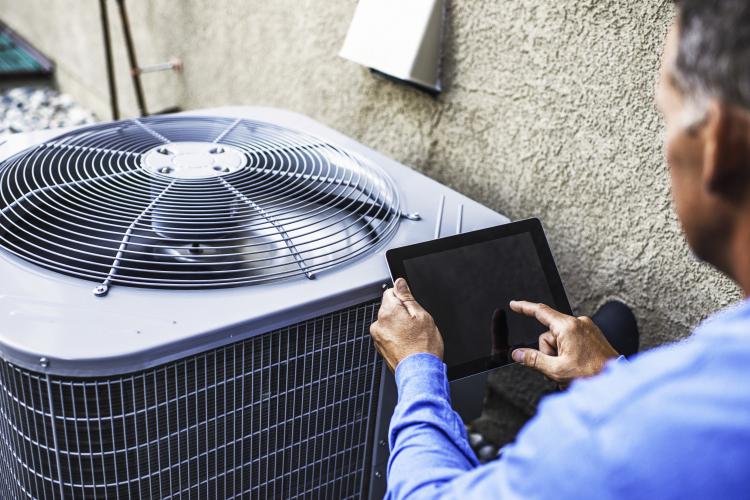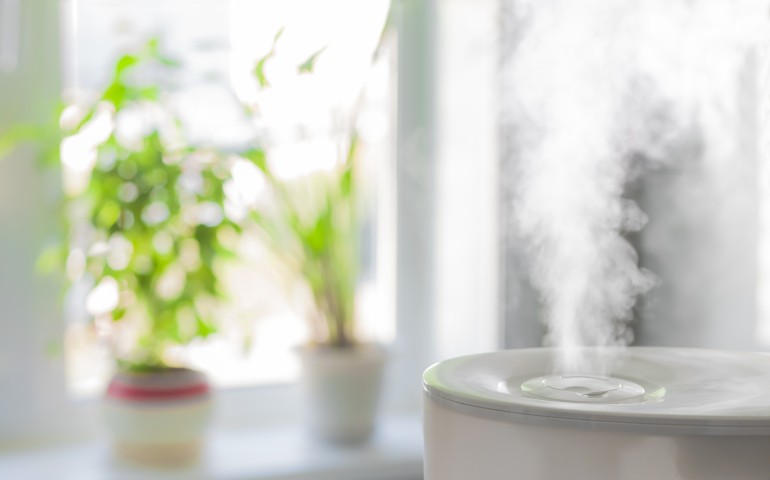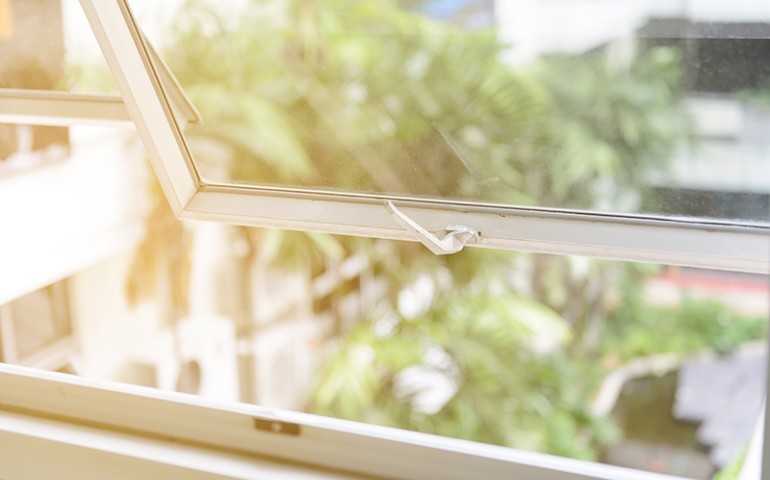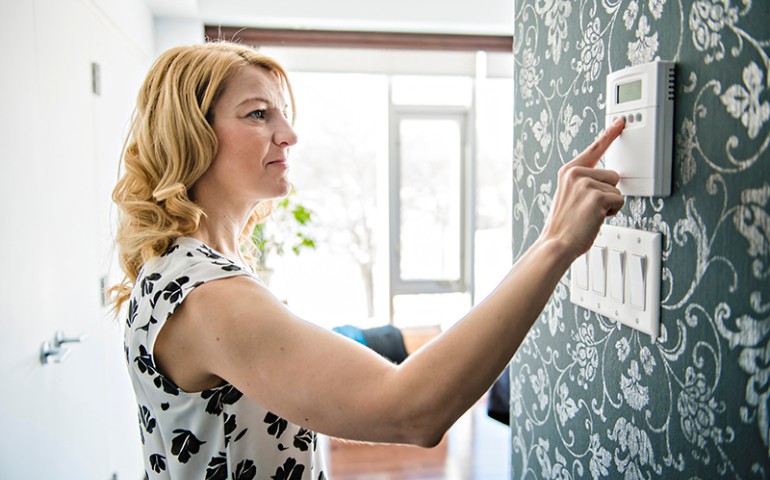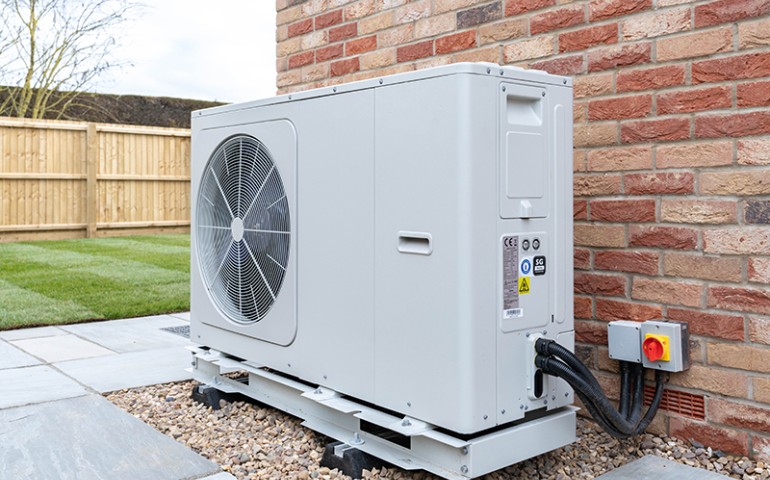Having an air conditioner is a crucial part of a comfortable lifestyle at home. They can last quite awhile if they are well taken cared of. But, these type of machines don't last forever. No matter how well we treat it, air conditioners will degrade to the point that it needs a replacement.
Knowing when your home’s air conditioning needs a replacement is crucial. The costs of constant repairs on an old system can be expensive every time your A/C breaks down. Here are four signs that mean your air conditioner needs a replacement:
Your Unit Has Been Around For Awhile
The typical lifespan of air conditioners on average is between 10 - 12 years. Older units are less efficient when compared to newer ones with better technology. If your unit has reached a decade or longer, you may want to talk to a professional and consider replacing it. Getting a new one can save you money on your electricity bills. Plus, you won't need as much professional help. The only downside is the initial cost, but you will save more in the long run.
Business hours
We offer 24 hour emergency service! Please call (847) 792-1019.

